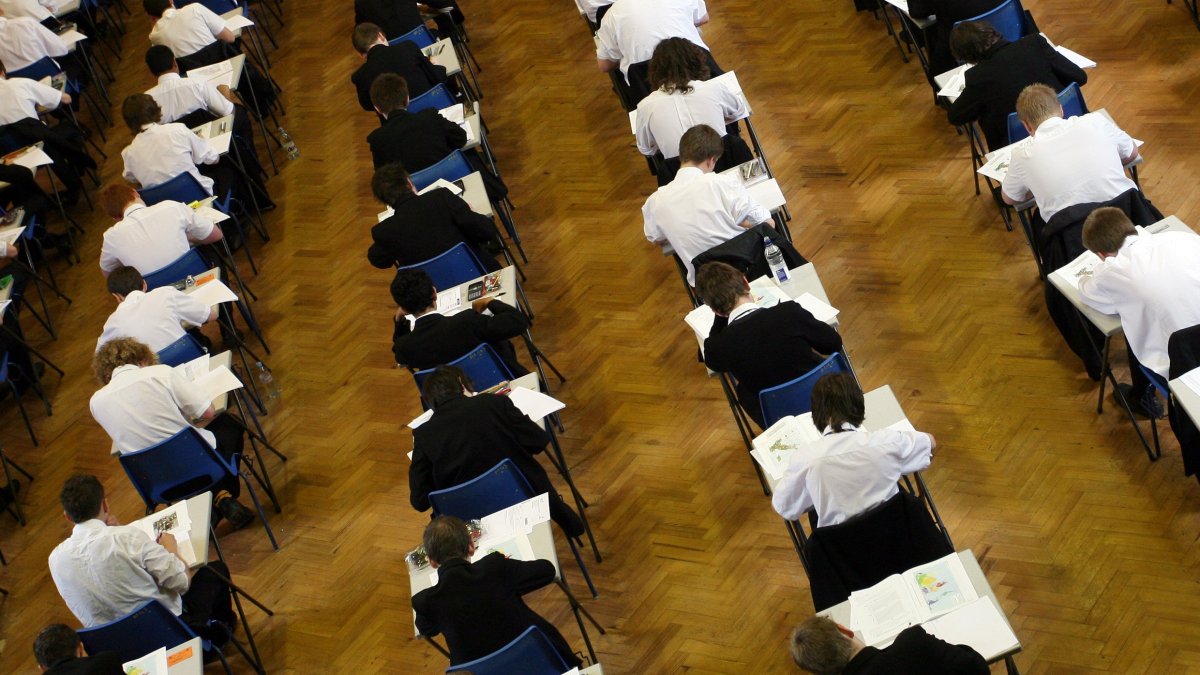What is Flexible, Open and Distance Education
The National Education Department recognises that distance education is an important means to deliver education.
Flexible, Open and Distance Education (FODE) is mandated to offer a distance learning pathway as an integral part of the National Education System.
FODE is a School at home, where students study the same primary and secondary education curriculum in their own time, in their own homes, and at their own pace.
FODE is ideally:
- the alternative choice for students who decide to study at home, in an open and flexible environment.
- for continuing education for students who for various reasons cannot continue their education in the mainstream school system.
- the second chance education for the upgrading of grades/results of their grades 10 and 12 certificates
Why the emphasis on flexible, open and distance education
The number of students dropping out of primary and secondary schools is alarming (link here). The PNG govt through the Education Ministry and the National Education Department have seen that the best way to address the problem is through FODE.
Here is what the new Education Minister said about the FODE enrolment…
‘A team from the Education Department is working on a plan to have all school leavers absorbed into the [FODE] system….this is so we can reduce the number of student dropouts doing nothing out there.’ Jimmy Uguro, MP
Who is eligible for FODE
FODE students can be school leavers, disabled people, employed or unemployed, teenagers or adult, single or married. Anyone who wishes to improve his/her education can study at FODE.
Students studying at FODE are classified as either Full Correspondence (FC) students or Upgrader Students (US).
- FC – FODE students who are studying ALL the courses from Grades 7 – 12
- ·US – students who are upgrading marks for certain courses at FODE
FODE Application form 2024
The FODE study centres open in February of every year. If you are trying to get the FODE application form for 2024, check out your nearest study centre. The FODE staff are always helpful, they’ll help you out.
It is perhaps important to note that you visit your FODE centre to get the latest information. The support staff and professional staff will be happy to answer any questions you may have in regard to the:
- FODE application forms,
- enrolment info for FC and US,0
- starting dates,
- entry test and
- fees.
For those in Port Moresby and Central Province, visit the FODE centre near the Australian High Commission, Waigani.
How to enrol at FODE
FODE enrolment points include the 22 Provincial Centres, located in the main towns. The FODE Provincial Centre or FODE Study Centre nearest to you administers the entry test, PET. The entry test measures the English and Mathematical ability level of new students who wish to continue their education FODE. If you are in Lae, check out DODL- Unitech, or in Port Moresby, UPNG Open Campus.
Here is how to enrol at a FODE:
- Discuss your intention to study with FODE Support Staff at the provincial FODE centres (recommended).
- All the students enrolling for the first time with FODE must do the Pre-Enrolment Test (PET).
- Pay a compulsory entry test fee of K50 into the FODE account.
- Sit for the English and Mathematics entry test.
- You answer sheets will be corrected at the provincial marking centre.
- Check the entry test result at your FODE centre.
- If you pass the test, you may enrol at FODE. If you fail, you will re-sit the entry test at a later time.
Some centres are charging a K75 entry test fee. To avoid any inconveniences, it is recommended that all *new* students contact their FODE centres.
PNG FODE Approved Course Programs
For Grades 7 and 8, you are required to do all six (6) subjects.
For Grades 9 and 10, you must complete five (5) subjects and one (1) optional to be certified. Business Studies and Design & Technology Computing are optional.
For Grade 11 and 12: the subjects are in line with the Upper Secondary Approved Matriculation and align with the courses offered in conventional secondary schools throughout the country.
Important: For newly enrolled students and continuing students who are FODE, please download the detailed subject and study outline for Grades 7 & 8, 9 & 10 and 11 & 12.
FODE Education Strategic Direction
- Vision
“Papua New Guineans have grade 12 equivalency education and certification through flexible open distance education”
- Mission
“Pursuing quality national education through flexible open distance education (FODE) by harnessing all appropriate and affordable technologies”
Recommended articles for successful young people
1) How to make money on YouTube
2) How to Start a Personal Blog or Website Beginner Tips
3) How to start a website - REAL COST AND EXPERIENCE
4) How to Make Money Using Your Mobile Phones
5) Five Free Online Tools For Creating Stunning Website - Make Money Online
6) How to Start a Blog and Grow Your Writing Potential - MAKE MONEY ONLINE









